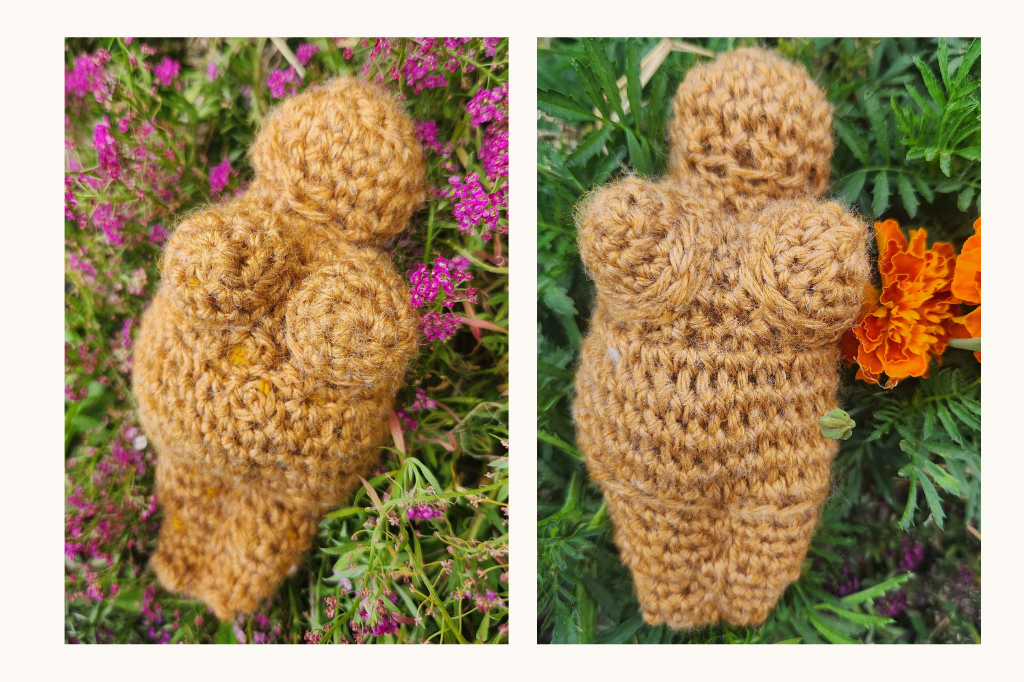What They Are and Why They Matter
I’m a big proponent of the idea that healthy boundaries are the key to being a good parent. In fact, I think it’s the golden rule of gentle parenting. Setting and modeling healthy boundaries for kids can completely change the environment of your home, improve behavior, and deepen communication.
If it sounds too good to be true, well, a lot of us are learning as we teach on this one.
If you aren’t quite a believer in the power of healthy boundaries I urge you to try setting a boundary for yourself (outside of your identity as a parent) and see what kind of changes it has in your life. It really is that important.
So let’s dive into it!
The Benefits of Healthy Boundaries for Kids
Kids love to test limits and even though that can be frustrating as a parent it’s an important part of growing up. Pushing boundaries is how kids learn to assert their independence and practice making good choices – something we can all agree is a skill we hope they have as adults!
Children thrive when they feel safe and secure.
When kids know what the rules are (and what the consequences are when rules are broken) they are able to practice decision-making by pushing boundaries.
If children feel they can trust you to hold the boundaries you set then they can feel safe to test those limits without fear.
That kind of confidence gives kids real skills for navigating conflict and for weighing pros and cons before they act.
Establishing Healthy Boundaries for Kids
The best thing you can do to establish healthy boundaries with kids is to model healthy boundaries. That can be as simple as speaking calmly and being direct about things that aren’t okay to do.
If you tell your children not to yell while yelling they are much more likely to copy your actions than listen to your words. This is also true for telling children not to hit and then spanking them, it’s a mixed message and doesn’t convey what you want it to.
Some things to keep in mind for establishing boundaries are
- being clear and concise
- correlating consequences to actions
- being open to discussion about why boundaries exist
- having family rules that everyone knows (no hitting, etc)
Children, generally speaking, want to listen to you. If you are open and direct about why rules exist it’s easier for them to understand when you hold the boundaries you set.
Enforcing Healthy Boundaries for Kids
If you want your kids to listen to the boundaries that you set that means you need to enforce those boundaries. That means following the golden rule of gentle parenting “set a boundary, hold a boundary”.
If you say something is not okay but fail to follow up your kids will quickly learn that you don’t really mean it.
For example, if you say ‘only one more show before bed’ but then cave immediately when they ask for a second show you can’t be too surprised when they keep asking.
On the other hand, if you tell them that they only get one more show and then hold that boundary consistently then your kids will learn that you really do mean it. Which in turn will encourage them to listen to you and to trust that you mean what you say.
The key to enforcing healthy boundaries with kids is to
- be clear
- be consistent
- be conscious
And above all, be patient.
Children, and especially toddlers, need a lot of repetition before they’re able to remember things. Eventually they will but as you introduce new boundaries don’t expect miracles. It will take time to adapt, for everyone.
We all have days where we say ‘only one more show’ and then end up letting them watch a marathon. You’re allowed to have bad days just like your kids do. A few bad days won’t be the end of the world.
Just be sure to try and aim for consistency – especially for the things that really matter.
What do you think?
Do you think boundaries are important as a parent? What are some boundaries that are an absolute must for your family?
Comment below and let me know!
For more about boundaries check out my post Boundary Basics or to learn more about gentle parenting check out the post Whats the Deal with Gentle Parenting?







